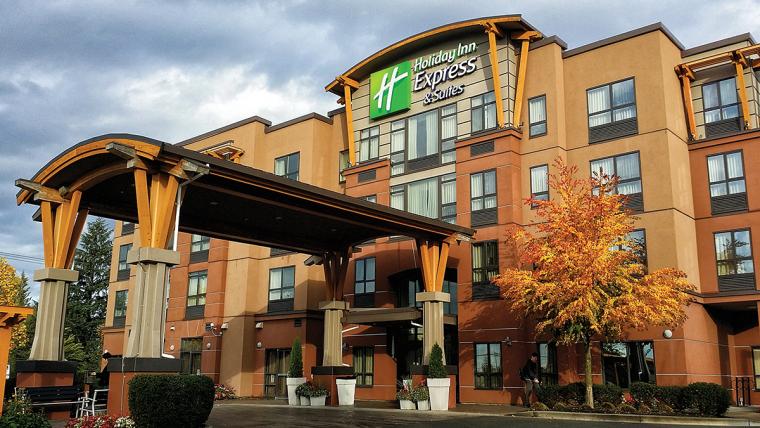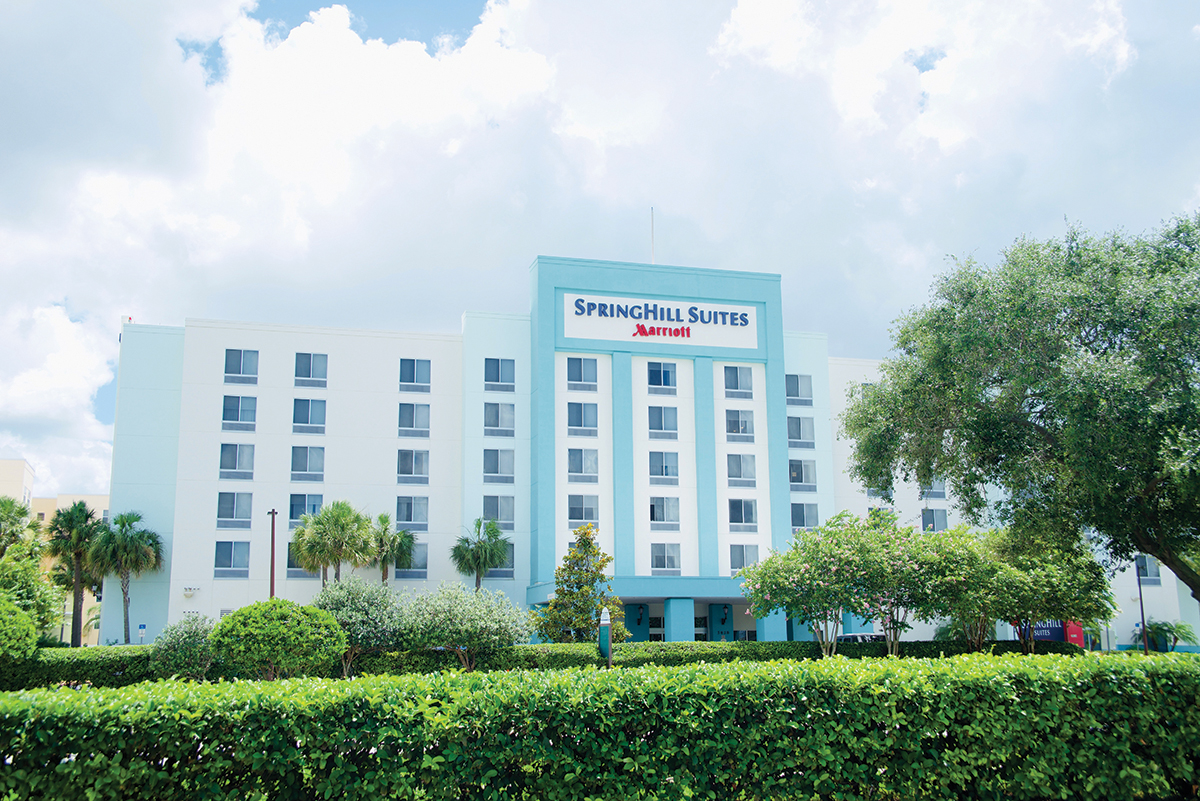

While it is not possible to provide a full education in the art and science of hotel negotiations, especially at a time when so much has changed in the industry, it is a good opportunity to review the basics, and to bring everyone up to speed on where things stand.
Some Things Haven’t Changed
Making arrangements early is still important. Even if you’re making plans for a tournament a few years in advance, you’ll want to get your housing settled as quickly as possible. With many events being postponed, canceled and rescheduled, it’s possible that another group may be interested in hotel rooms in the same time period. The sooner you can lock in your room blocks, the easier your planning will be.
Hotels Still Need to Know as Much as Possible
Another thing that remains constant is the need for event owners to provide all the information they possibly can about a potential event. What you need to give the hotel includes the following details:
• Description of Your Group (For example, U18 soccer players and their families, friends, tournament officials, etc.)
• Number of Rooms Needed in the Block
• Desired Room Rate
• Move-In/Move-Out Dates – and whether you expect all teams to check out at once or, in the case of an elimination tournament, whether some teams will be checking out earlier.
• Whether a Stay-to-Play Policy is in Place
• Preferred Rooming Arrangements: (For example, rooms with two queen beds, etc.)
• Whether Groups are Arriving in Individuals cars/Taxis or by Team Buses (if large groups will be arriving at once, the hotel should be aware so that they can plan for appropriate front-desk staffing in order to get everyone checked in as quickly and efficiently as possible)
• Catering Needs: Will the hotel need to plan for any meetings, dinners, banquets or gatherings?
• Restaurant/Bar Usage: Do you expect the group to make use of the hotel’s facilities, or is it likely that everyone will head to off-property restaurants?
• Concierge and Hotel Services: Will people need to make reservations for restaurants, tours or other activities?
Of course, this is only an outline; your group may have different requirements. However, hotels will need to know basic information in order to find out whether they can accommodate your group during the time period you will be in town.
Getting to Know the City is Essential
You will want to find out which hotels are near your venue, and which are in your price range. You’ll also want to weed out any properties that won’t work, such as those in less desirable areas of the city, where parents won’t want their children to stay. The local sports commission or convention and visitor’s bureau may be able to provide some guidance here.
What Has Changed?
To nobody’s great surprise, those returning to hotels will find differences since the last time they planned an event. Here’s a recap of a few of those things.
• The Breakfast Buffet: Breakfast being included in the rate has always been a popular option for team travel; however, in light of COVID-19, many things have changed. While in many states, buffets have been closed down for the time being, hotels may still offer “grab-and-go” breakfasts, with pre-wrapped muffins, Danish, bagels and bottled juices or waters, or box lunches with a sandwich, fruit and a cookie (or something along those lines). Certain hotels will cater their breakfast exclusively for your event so make sure to specify this in advance.
• Housekeeping Protocols: In some hotels, unless requested, housekeeping staff will not come into rooms each day. They may come every few days, or they may only come to clean the room after the guest checks out.
• Hotel Services: Even some full-service hotels may have implemented changes for the time being. In some places, in-house restaurants may be operating – although they may be limited in their capacity to serve more than a certain number of people at a time (something that could be very important if everyone is trying to eat before they leave for a game). If you will have people who need to eat at a specific time, arrangements should be worked out in advance.
• Amenities: While many hotels still have pools, hot tubs and fitness centers, they may not be operating at the moment. Many hotels have COVID-19 restrictions listed on their websites; however, it is always best to call the property directly in order to get the most up-to-date information. After all, if there is one thing we have all learned from the pandemic, it’s that situations can be very fluid, and good communication will be necessary in order to stay on top of everything.
• Laundry and Dry Cleaning: If athletes will require laundry services, find out in advance whether hotels are offering these services, or if not, whether there is a vendor they would recommend. Being able to pass this information to your teams in advance will help them be better prepared for their stay.
Note that from state to state, health guidance and requirements differ, and that hotels may institute specific policies companywide.
Types of Hotel Properties
While all events are different, we’ve found that generally, the youth and amateur sports market likes properties that are seen as sports-friendly, the mid-range hotels. A mid-range hotel is just what it sounds like: something right in the middle of the price point, with enough amenities to create a comfortable stay.
Most of the large hotel brands that everyone is familiar with have multiple properties at different price points. Generally, a mid-range hotel will appeal to sports travelers because (in addition to being less expensive than a five-star property), it has certain amenities. These usually include a breakfast each morning (obviously, subject to the COVID changes mentioned previously), large, comfortable rooms, Wi-Fi (generally free to guests), free parking, and (also subject to COVID restrictions) amenities like fitness centers and pools. They’re well-staffed and efficiently run, which is another plus.
There are plenty of other types of hotels on the market, and depending upon the room rate, guests will get more services, or fewer. (A top of the line hotel, for example, might offer room service and valet parking. An economy or budget hotel generally won’t have this).
Still Need Some Help?
You may have decided that given all the changes, you are not quite ready to dive into the world of hotel negotiations. In this case, working with a housing company will let you hand over the process of negotiations, room blocks and everything else, and allow you to get back to managing the tournament. An experienced vendor will take the time to find out all about your event (including all those things we mentioned at the beginning of this article) and will come up with a list of suitable hotels within a reasonable proximity of your competition venue.
Because a good housing company will have a history of working in that city, its personnel will be able to leverage room rates and can negotiate with the hotels to get complimentary rooms needed to house officials or others. They should be able to generate a map that shows where the hotels are in relation to the competition site so that your athletes can visualize the area on the tournament booking engine.
A housing vendor can create a portal for your website that registrants can use to make hotel reservations. (This can be a great help with stay-to-play arrangements). In addition, they should be able to give you access to automated pick-up reports throughout the reservation process and can handle any last-minute problems that might come up with regard to accommodations.
Regardless of whether you use a housing company, your best business practices should include advance planning, good communication and familiarizing yourself with the city in advance, as well as reaching out to the local sports commission or CVB. Many changes have been made but those principles remain the same. SDM

